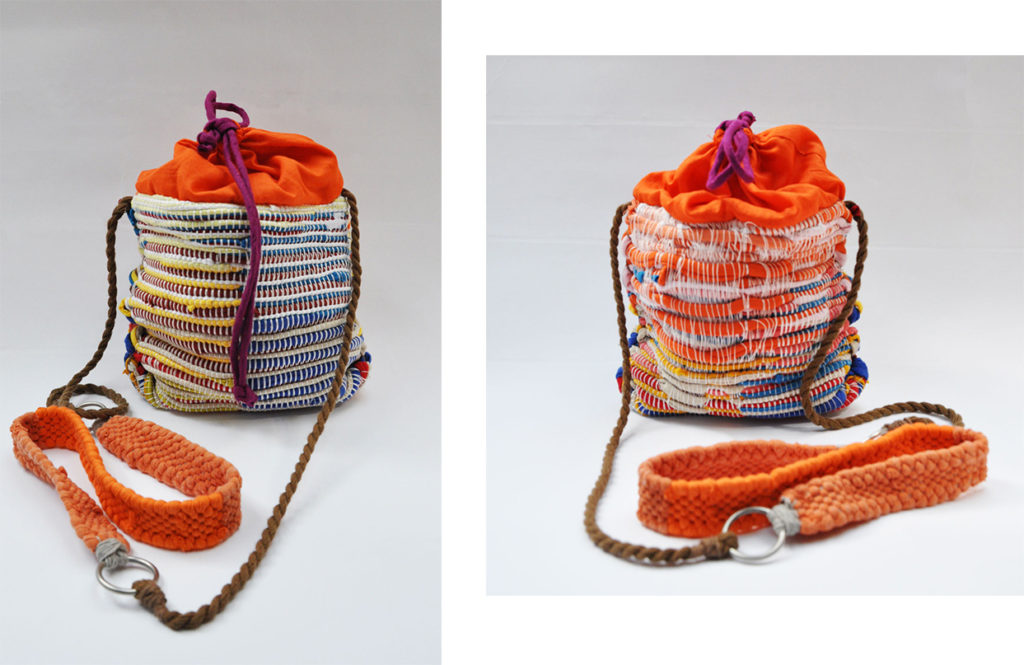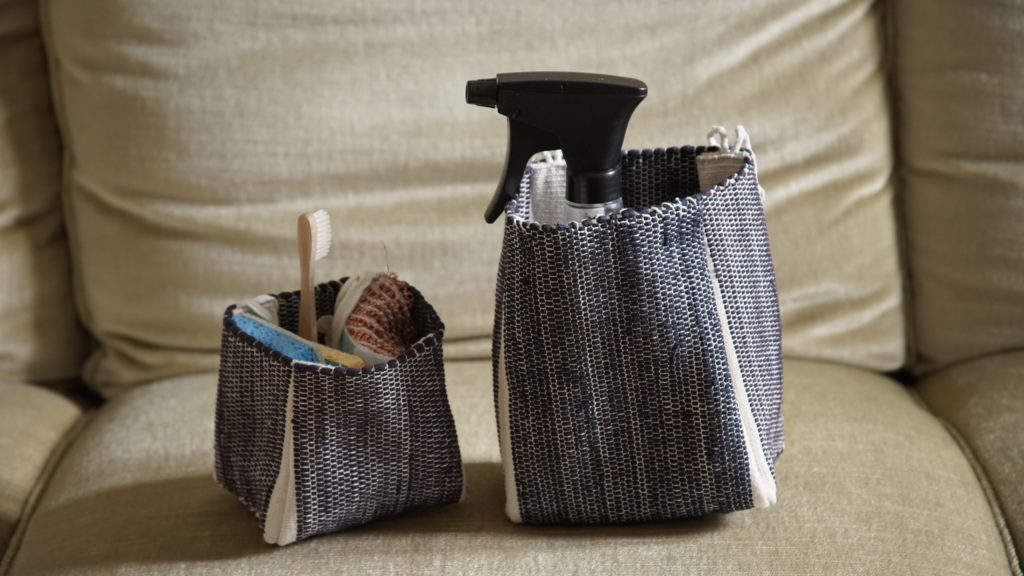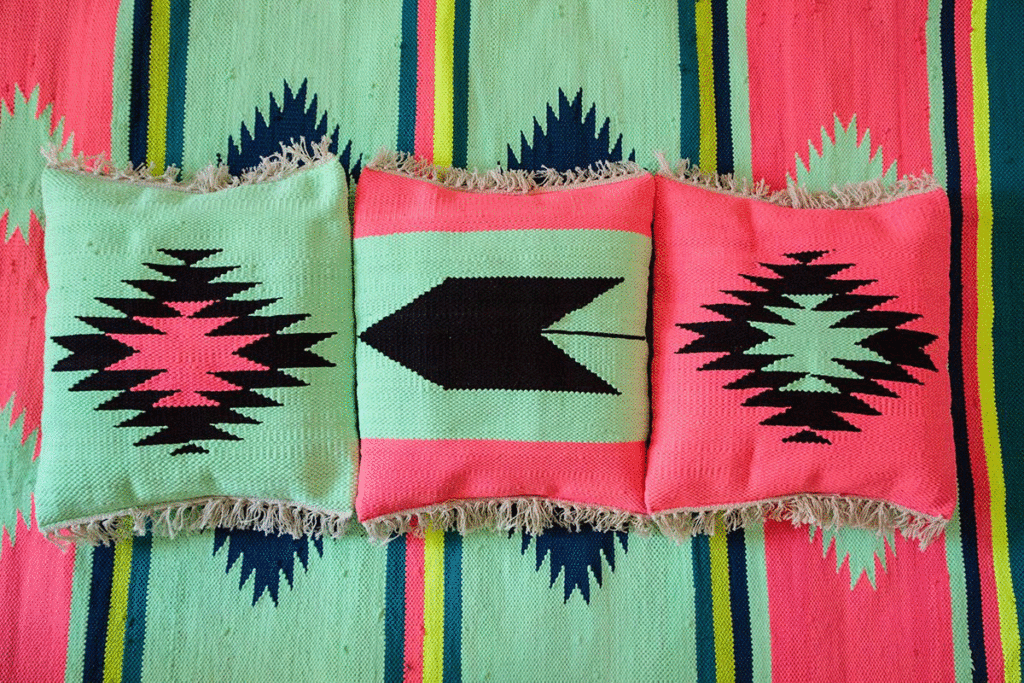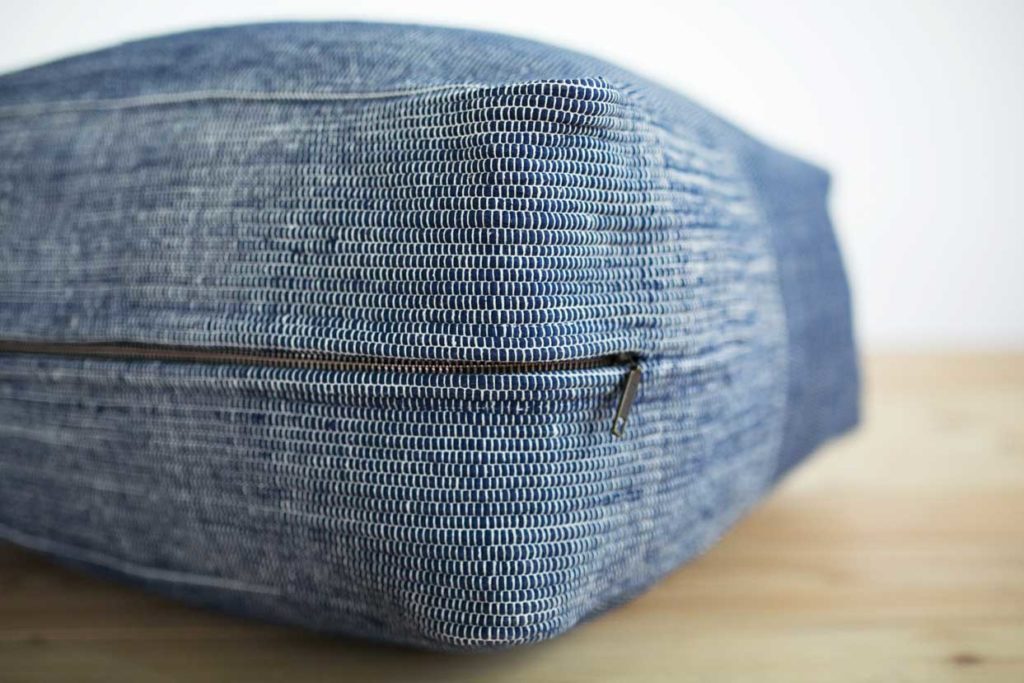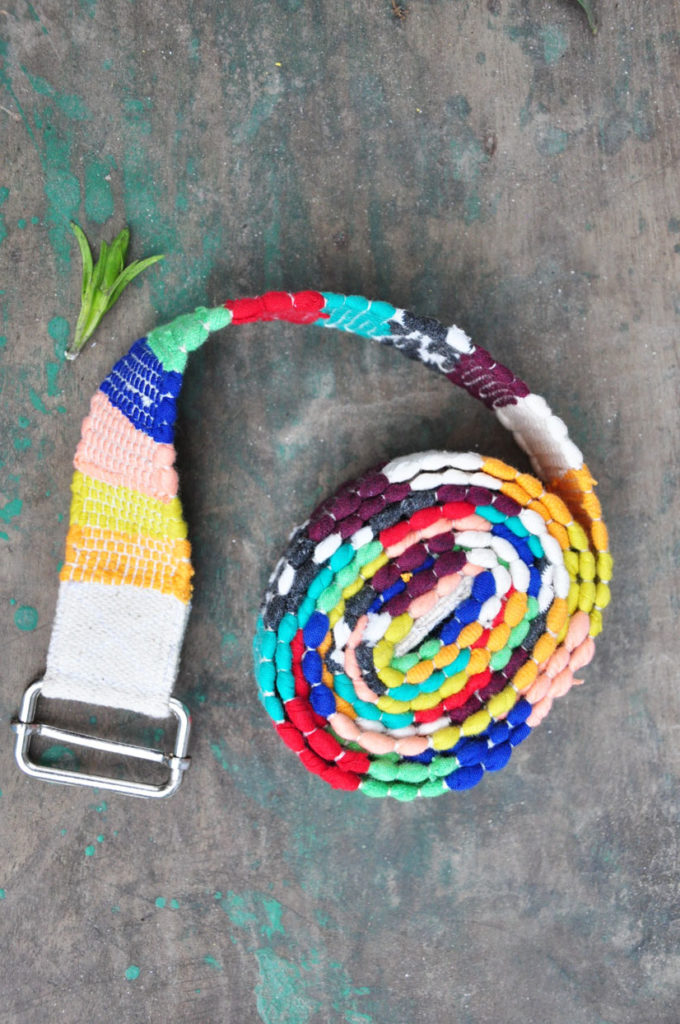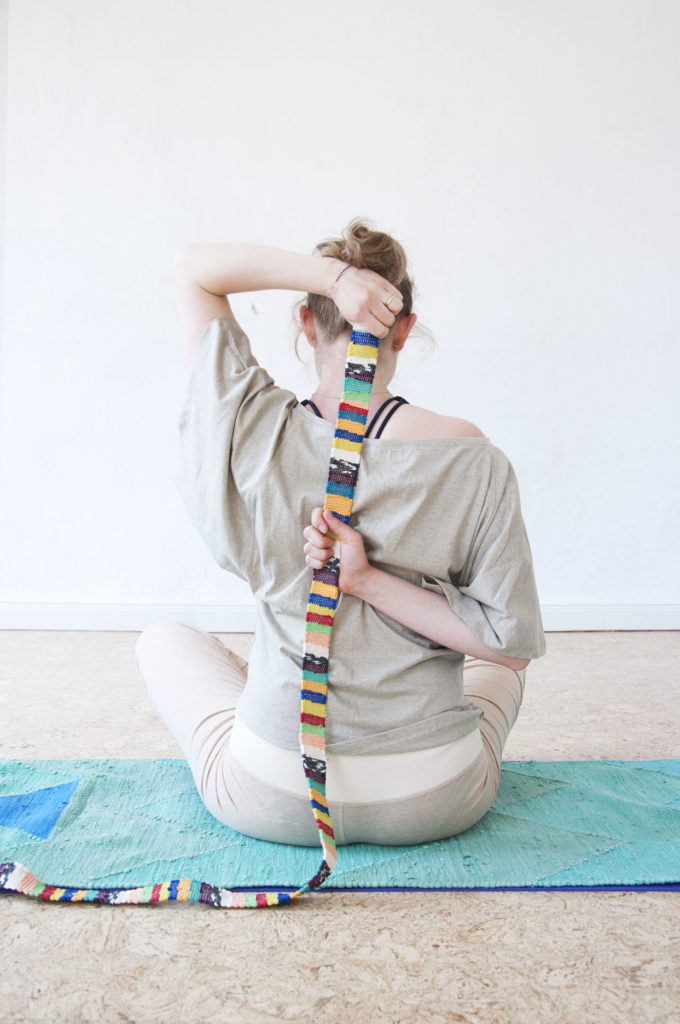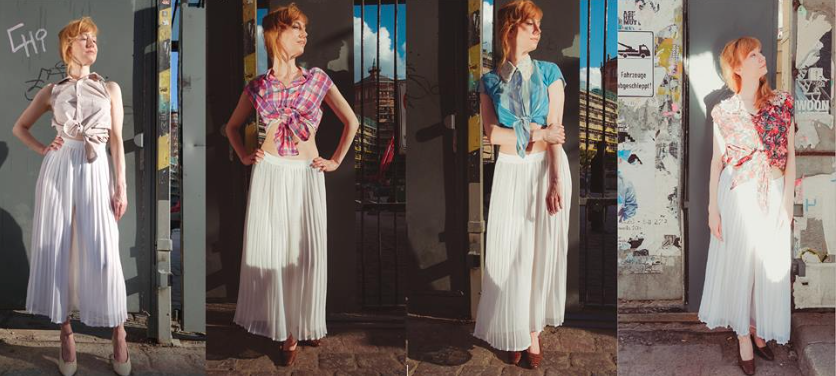To check our laptop measurements click here.

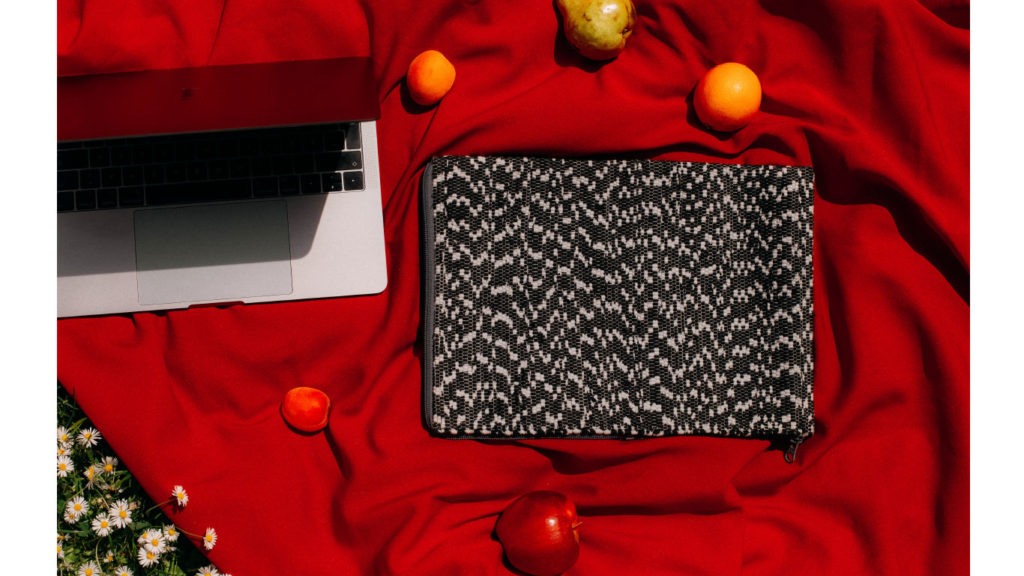

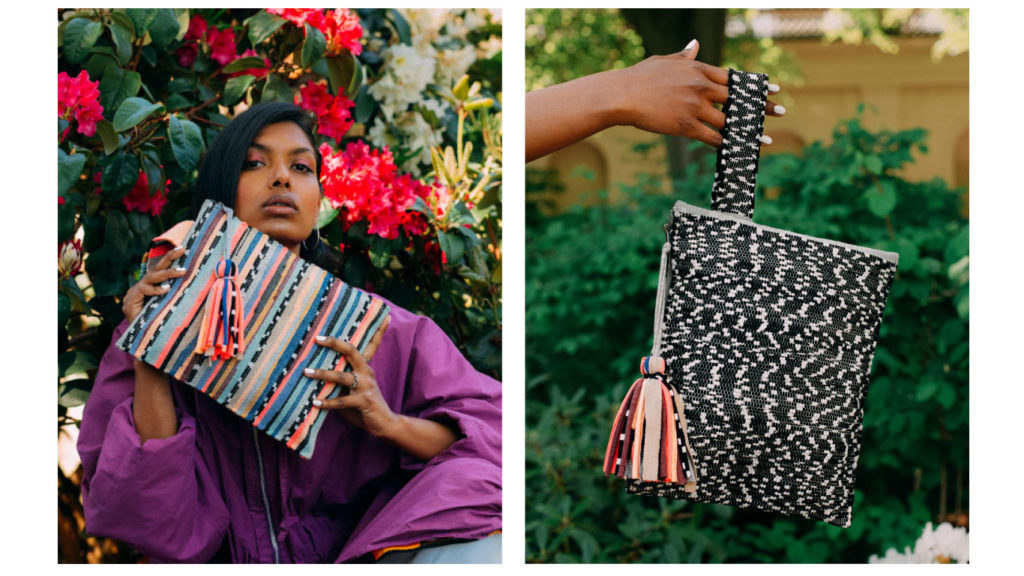
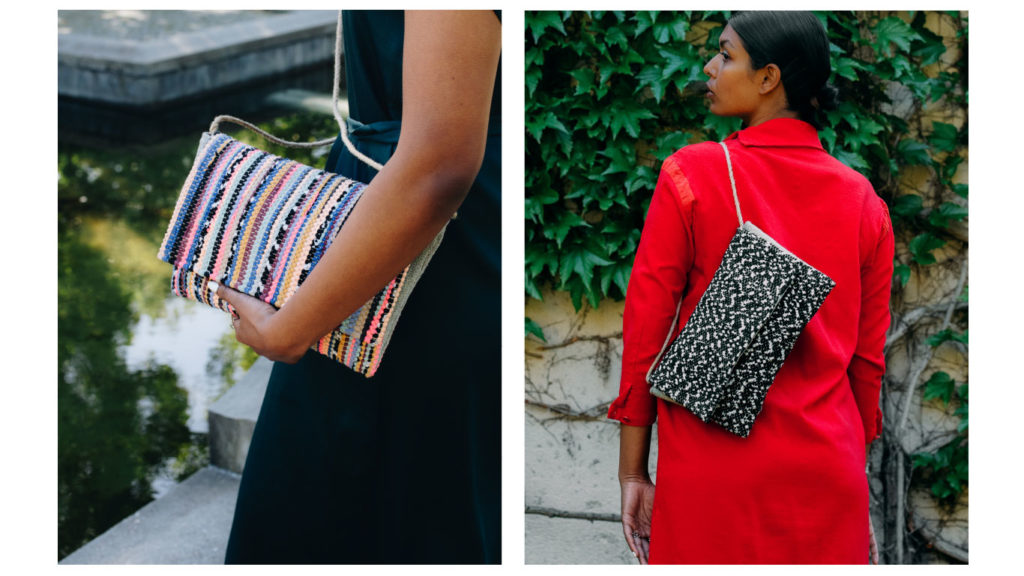
SICA’s key motive is to empower communities through design.
The upcycling design label from fair production utilizes textile waste while preserving traditional crafts.
Celebrating and combining cultures, SICA’s objects express social and environmental awareness within their rich narratives.
TIMELESS AESTHETIC
Creating clothing, accessories and homeware, which focus on the quality and wearable nature to increase the products longevity.
SOCIAL INITIATIVES
SICA develops feel good products. By maintaining a close relationship with every manufacturer partner, ensuring fair working standards and respect for everyone involved.
UP-CYCLING
That means to use and optimize the textile waste generated from the fashion industry to create unique pieces. re-purposing pre and post-consumer waste: end rolls and discarded faulty fabrics, second-hand & vintage goods.
The label SICA found its feet in 2006 in Curitiba, Brazil. Creating unique clothing and accessories from the vibrant textile waste from local factories in South Brazil. Emerging from selling SICA products on a Sunday market, to owning its own concept store. At this time SICA provided a platform to not only sell its own creations but to provide opportunities and partnership for fellow makers, artists and seamstresses.
In 2013 SICA expanded into Berlin with the line ‘Proudly made in Bangladesh’. SICA Proudly made in Bangladesh outsources textile clipping-waste from the Bangladesh’s ready-made garment industry (RMG) and brings them into the hands of the skilled craftswomen in rural Rangpur, Northern Bangladesh. It has been vital for Simone Simonato the founder of SICA, to spend a lot of time in Bangladesh, nurturing the relationship with the makers and local organizations. Personally researching and living within these communities, Simone explores with the artisans to help develop their skills while providing fair employment and support.
The role in Berlin is not only to give visibility to Bangladeshi crafts, but also to connect and collaborate with it’s thriving sustainable design community.
SICA continues to work as an initiator, acting locally and thinking globally providing positive solutions in the fashion industry.
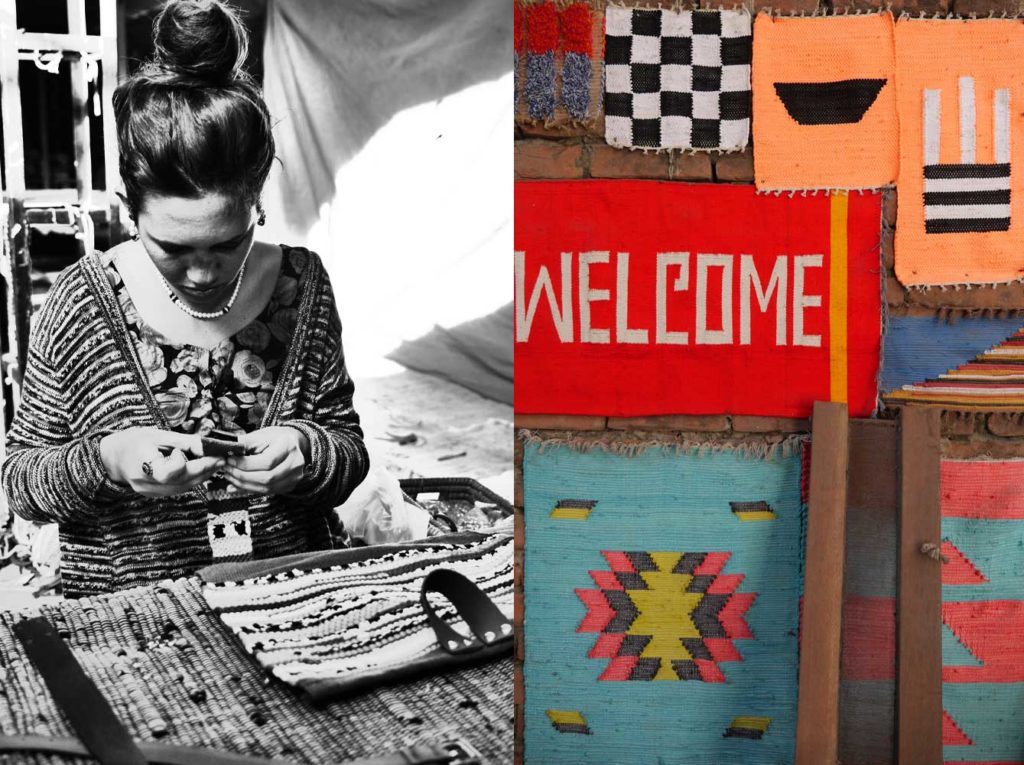
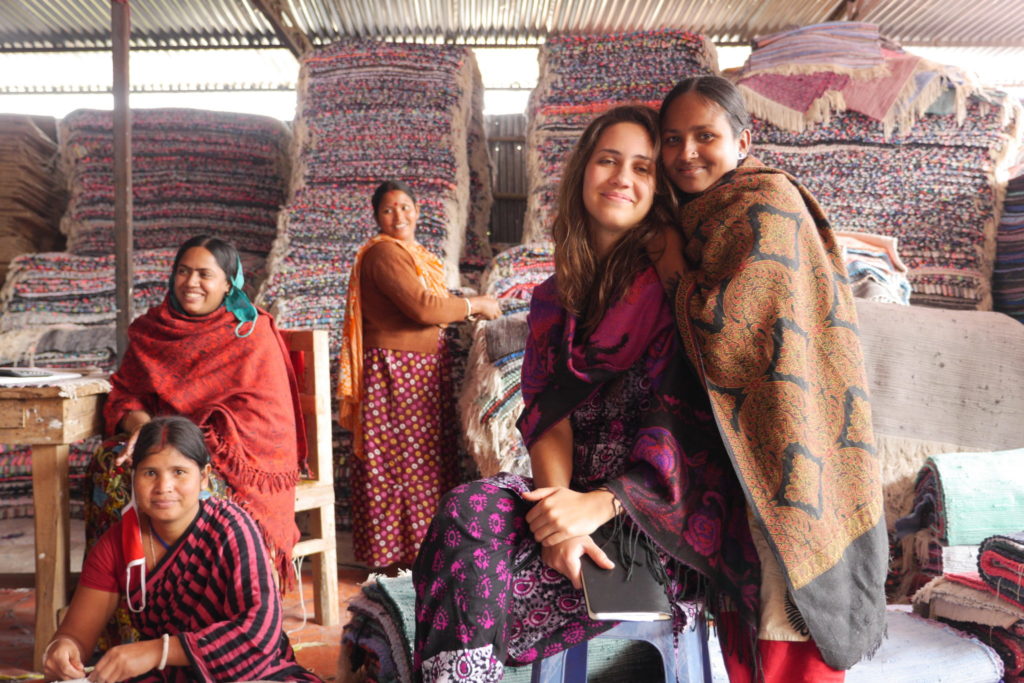
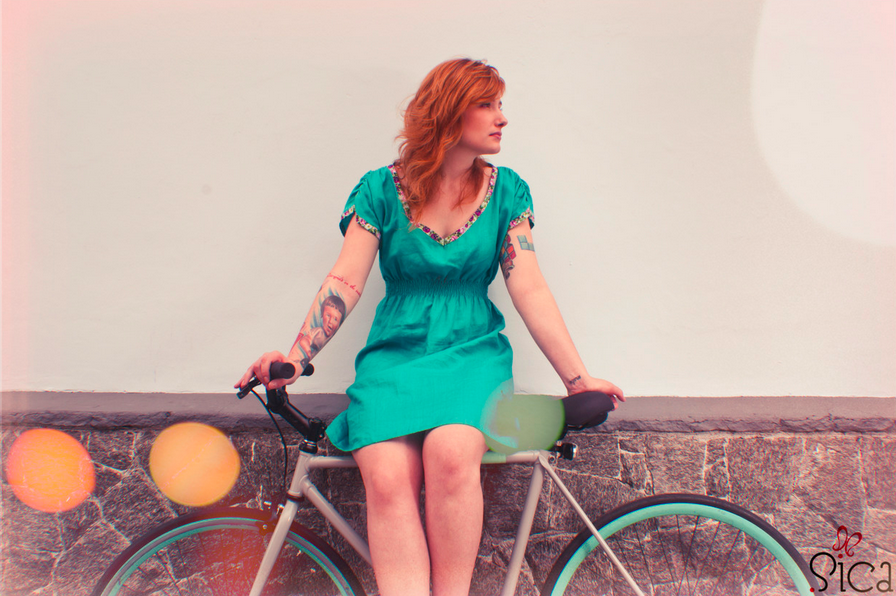

SICA understands that it is within the early stages of design of a product, where the most important decisions are made, which further impact and influence others and the environment down the line.
To find solutions SICA starts with an in depth research process. Looking into current environmental and social situations within the textile sector. Highlighting on problems such as resource waste, life cycle of a product and poor working standards. Searching for ways to motivate more responsible and transparent working methods.
In a world endlessly consuming our natural recourses, causing catastrophic damage to the environment and human well-being, recycling and reusing is of rising importance on many different levels as a global human solution.
It is both within the production processes and the behavior towards a products life cycle, that an abundant amount of textile waste is generated. This textile waste is most likely to rest on a landfill or -small percentages of it- sold to fiber recycling. As waste just keeps building up, it becomes more key for designers to utilize these materials.
SICA focuses in diverting textile waste from landfill back into the hands of its same industry makers.
Problem solving is at the heart of the up-cycling design process.
The discards from throwaway fashion become objects of a conscious fashion.
Transforming textile waste into rich unique products. Through harmonizing conscious design with traditional craftsmanship and mutual cooperation.
SICA strives to fully utilize its materials. From zero-waste clothing to creating no waste patterns on the weaving looms, carefully considering the energy used through each products process.
A SOLUTION THROUGH TRADITIONAL CRAFTS +
Preserving traditional craftsmanship – utilizing textile waste – empowering the maker
Collaborating with skilled craftspeople to both support them as individuals within a fair working environment and to help preserve their traditional craft.
The sales of SICA’s products provide the support needed for the makers community to sustain itself and grow. Helping the artisans to develop their skills while raising employment and labor standards.
Simone, the founder of SICA plays a vital role in continually training and mentoring local artisans to produce its label products.
CLIPPING UP TEXTILE
The SICA Proudly made in Bangladesh line are functional accessories and homewear from its unique handwoven textile.
Sourcing the textile clipping waste from mass garment production and putting it into the hands of the skilled craftswomen in rural Northern Bangladesh.
SICA’s partnership with these craftswomen has lead to the innovation of a unique durable and up-cycled textile.
The unique interpretation of the weaver shown within each weave.
The textile clipping waste is woven together on the traditional hand looms. These looms have a simple set up compared to alternative industrial recycling techniques. This low energy manufacturing process requires no water or extra dyes instead SICA uses the original colors and textures of the clippings to enhance the vibrancy of each weave.
Read more in ‘Proudly made in Bangladesh’
It’s key for SICA to tell a products story before it has even reached the hands of the wearer.
Telling the story with transparency. So each product can provide with confidence its manufacturing process, adding value to every design.
Unique and functional product for the each one.
Timeless staple pieces intended for years of wear.


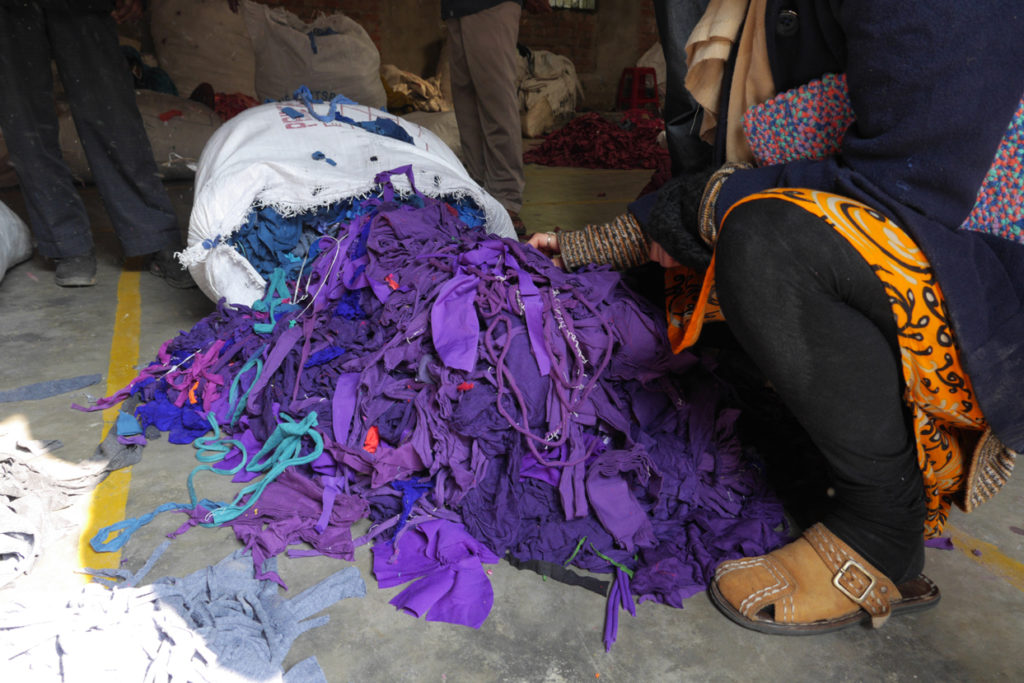



One of the most overpopulated countries in the world, with almost the same population as Brazil yet they are 59 times smaller. Bangladesh is home to over 5000 textile factories and is the second largest global exporter of garments after China. Yet today it still struggles to implement and maintain environmental and social standards within its industry. The importance of the industry is clear as it employs more than 5 million people and is a large contributor towards the country’s economy. Accounting for more than 80 percent of Bangladesh’s global exports. Since the 70’s the ready-made garment (RMG) industry in Bangladesh has specialized in knitting manufacturing. From sweaters to underwear, knit fabrics are present in our every-day lives. These jersey and knit textiles are common highlights of fast fashion because they are quick to sell and produce. Production on this scale and speed produces enormous amounts of textile waste. Around 8% of garment production turns out to be waste. Some of the largest factories in Bangladesh can produce around 1.5 tons of waste daily. SICA Proudly made in Bangladesh line transforms this waste into new meaningful products, while helping support the communities that make them. Partnered with Consultancy Service International (CSI), one of the major players towards sustainability and social compliance based in Dhaka, Bangladesh. CSI developed ‘Village Produced’, is a social initiative that is key to SICA. Providing craftspeople in poor decentralized areas in Bangladesh the support needed within their communities by raising employment, manufacturing skills and working standards. The artisans skilled craftsmanship combined with SICA’s design thinking produce vibrant products from quality manufacture. SICA holds a strong connection with the team in Bangladesh through the ‘Clipping Up’ project and continues to celebrate their partnership. Proudly made in Bangladesh is inspired by the people who became involved with the project, the vibrancy of Bangladeshi culture and the Art and individuality of each weave created. Honouring the the craft the time and the process, through functional everyday design.
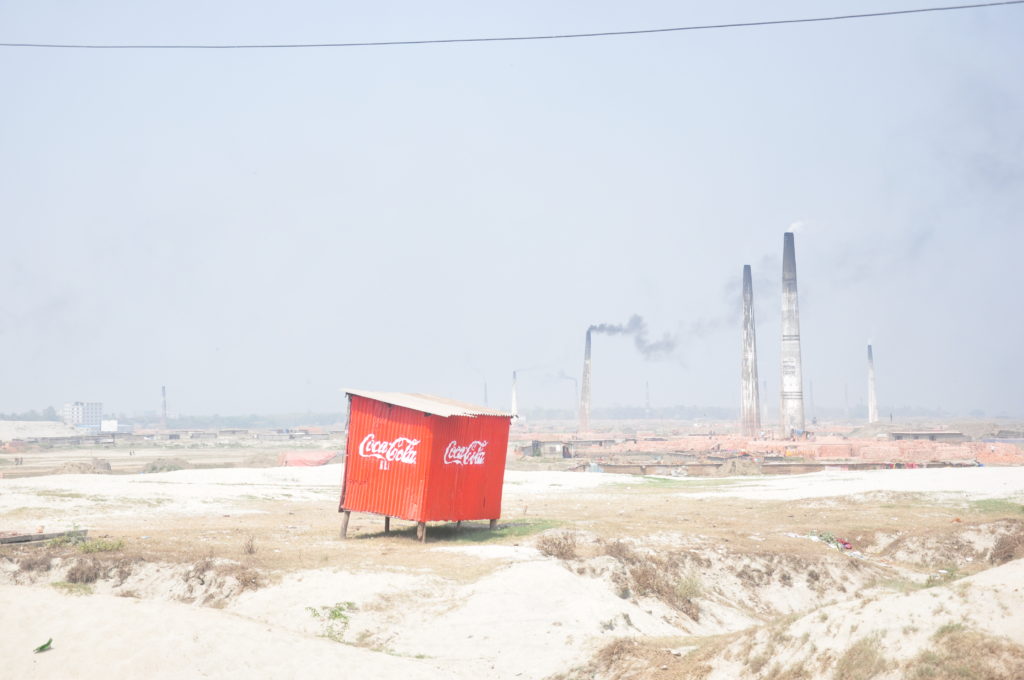
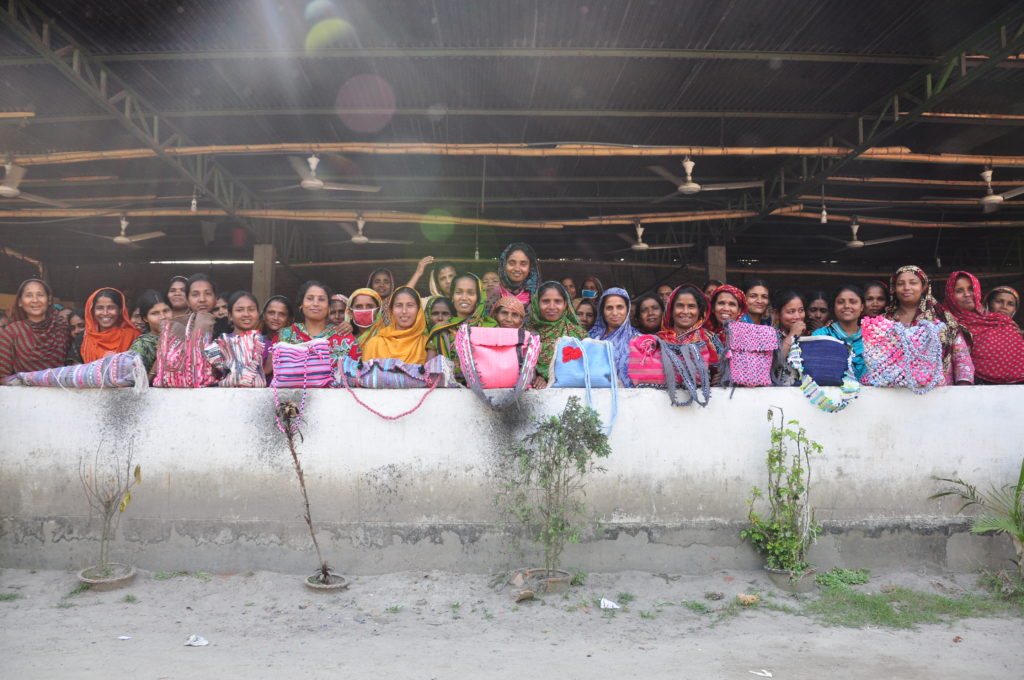
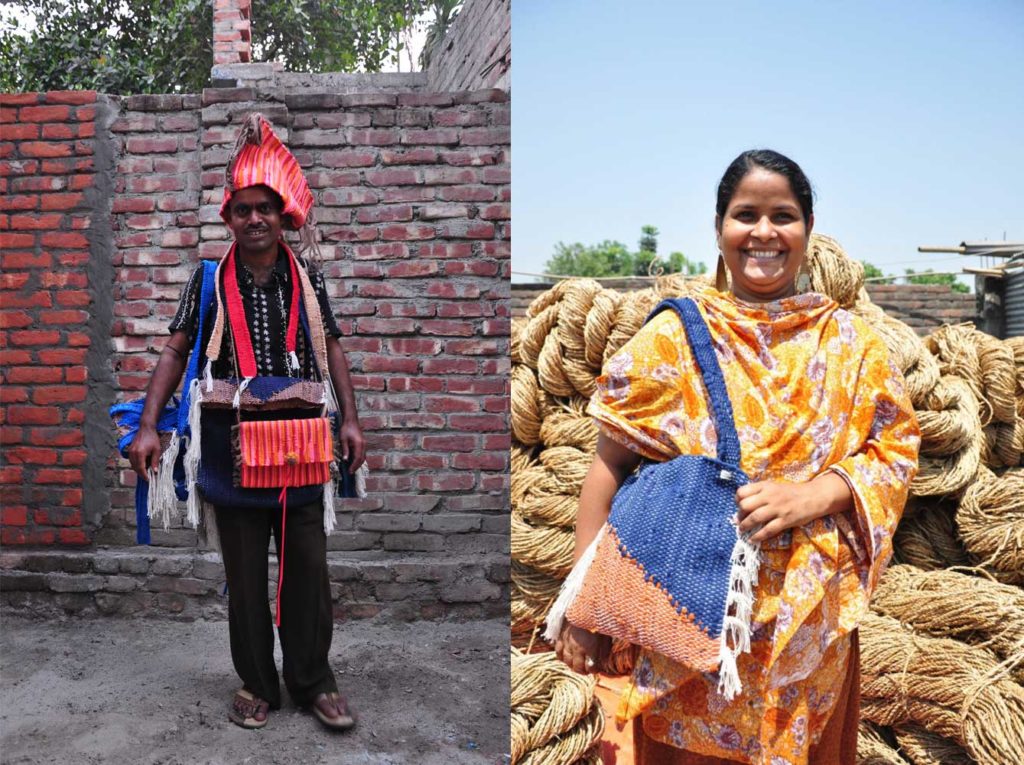
SICA brings up-cycling ideas to life in order to contribute towards a sustainable future. We are open to take part of a new projects. If you have any interest of working with us, please contact us through collab@sica-up.com. 2020 – T•YARN Berlin collaboration with the textile designer Tauberry Rocio Pibernat. 2019 – DANCING SPACES Bags on commission to Dancing Spaces cleaning module. 2018 – SICA & LAMALVE The cushion cover SICA & LAMALVE capsule collection aims to strengthen connection between women entrepreneur, by supporting one another and their communities. LAMALVE is an association built to support female entrepreneurship: „LAMALVE means many women such as weavers, embroiders and textile artist, all of them decided to immortalise our ancestors techniques and cosmogonies as well as create true art pieces.“ 2016 – Cozy Dunes Up-cycled cushion line development ethically made for Cozy Dunes label. 2015 – Karma Free Yoga Belt Karma Free Belt for prop collection to be used on Yoga practice. 2013 – 2015 SICA to Water To Wine Water to Wine is a a cooperation between the Berliner Stadtmission (BS) and designers to sell different ‘transformation-wonders’. Berliner Stadtmission gets tons of donated clothing weekly. One part of the donation goes to people in need. Another part is sold in seven second hand shops of Berliner Stadtmission. The proceeds are used for the social projects of BS. And now there are still some clothes left. Before those leftovers are recycled, they will be up-cycled. There starts the cooperation between Berliner Stadtmission and more and more up-cycling designers. http://www.berliner-stadtmission.de/water-to-wine
